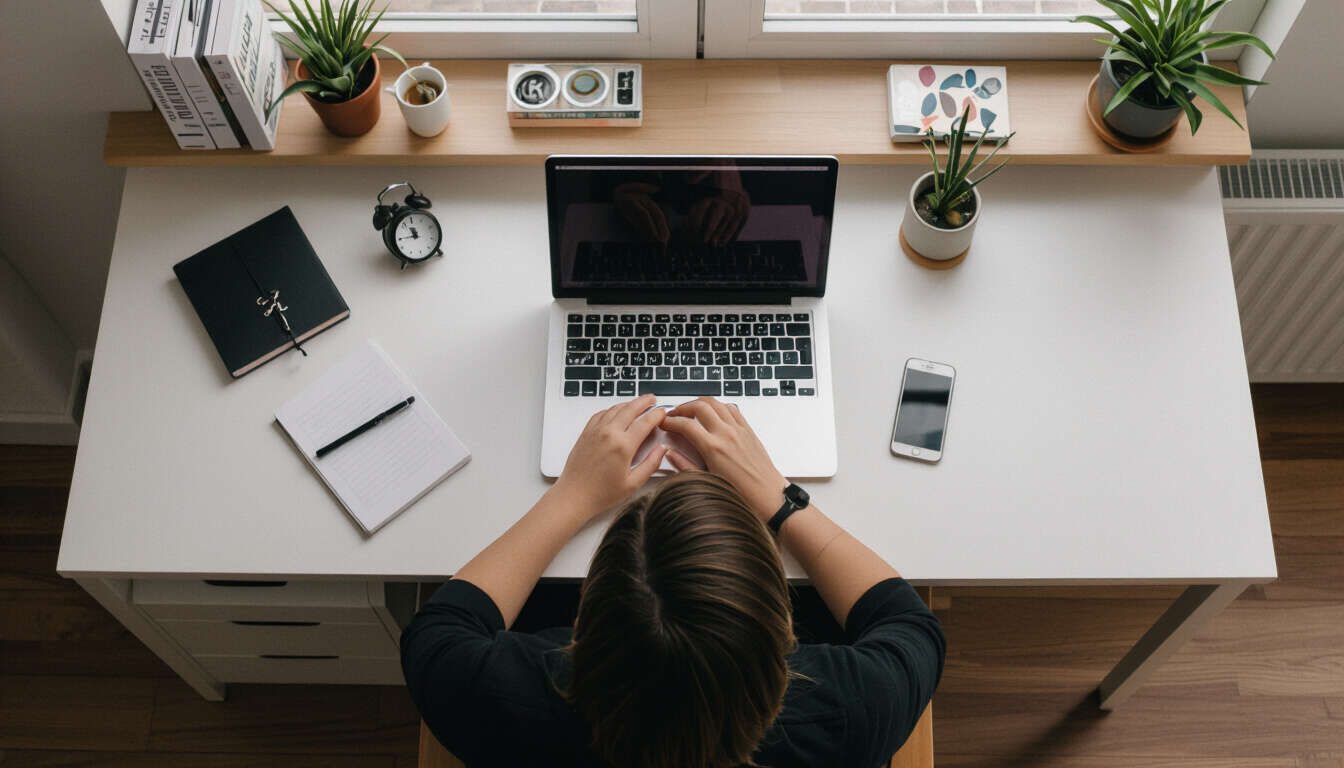Effective Limits on Social Media for Improved Productivity
 by Thaddeus Blanda
by Thaddeus Blanda
Limiting social media use can significantly boost focus and efficiency, according to studies on attention and work performance. This article explores research-driven strategies to set boundaries and enhance daily productivity for professionals and students.

Excessive time on social media often disrupts daily routines, making it harder to maintain concentration. Research from cognitive psychology shows that frequent notifications can fragment attention, leading to reduced productivity. For instance, a study published in the Journal of Experimental Psychology found that constant interruptions from apps decrease task completion rates by up to 20 percent.
To address this, setting clear limits is essential. One approach involves using timers to restrict access, allowing only specific periods for checking updates. This method draws from behavioral science, which indicates that structured breaks can help sustain energy levels throughout the day. By implementing such routines, individuals report better control over their schedules.
Strategies for Setting Boundaries
Here are some practical, evidence-based tips to incorporate into your routine:
- Use apps that track and cap usage time, based on findings from digital health research.
- Schedule dedicated times for social media, ensuring it does not interfere with key tasks like work or study.
- Combine this with physical activity, as exercise has been linked to improved cognitive function in multiple trials.
These strategies stem from studies on habit formation, emphasizing consistency. For example, a review in the Annals of Behavioral Medicine highlighted that people who set daily limits experienced less stress and higher output over time.
In practice, professionals might allocate 30 minutes in the morning and evening for social media, freeing up hours for focused work. Students can apply similar tactics during exam periods to enhance learning outcomes. Over time, these changes lead to noticeable improvements in overall efficiency.
Another benefit is better mental clarity. Research indicates that reducing screen time correlates with improved sleep quality, which in turn supports better performance. A survey of over 1,000 participants showed that those with social media limits slept an average of 45 minutes more per night.
Ultimately, adopting these limits requires commitment, but the results are clear. By prioritizing core activities, individuals can achieve more with less effort, creating a balanced approach to modern life.
